Immigrating to Quebec province Canada- Professions in demand with salaries- Racial Discrimination

Immigration to Quebec Canada
In Canada, immigrants are welcomed with open arms, as the country values diversity and recognizes the contributions immigrants make to its cultural fabric. However, it’s important to understand that there are unique aspects involved in immigrating to Quebec compared to other provinces in Canada.
-
-
The Quebec Skilled Worker Program:
-
Quebec operates its own immigration program called the Quebec Skilled Worker Program (QSWP). Unlike other provinces that participate in national programs like Express Entry, Quebec has its own selection criteria for immigrants based on factors such as education, work experience, language proficiency (French), age, and adaptability.
Quebec immigrant point system is prioritizing immigrants who can contribute to the economy, such as skilled workers and entrepreneurs.
Quebec also encourages immigration of international students who have graduated from Quebec universities. This program allows students to stay in Quebec and work after they graduate.
-
Language Proficiency required for immigration to Quebec Province:
While knowledge of English is important for immigration across Canada, French proficiency plays a significant role in immigrating to Quebec. Applicants must provide evidence of their ability to communicate effectively in French.
-
Selection Process – designed to match the suitability of Immigrant to Quebec workforce requirements:
Quebec has a unique immigration selection process called Arrima that matches potential candidates with available job positions or labor market needs within the province. This system aims at ensuring compatibility between immigrants’ skillsets and regional workforce requirements.
-
Quebec Provincial Healthcare System:
While healthcare coverage is provided throughout Canada under the national healthcare system, Quebec has its own provincial healthcare plan called the Régie de l’assurance maladie du Québec (RAMQ). Immigrants will need to understand and navigate this specific system when accessing medical services in Quebec.
What is Arrima and how it helps immigrants to assess their suitability to Quebec Job market?
Arrima is an online platform used by the Government of Quebec to manage skilled worker applications. It operates on an Expression of Interest (EOI) system, which means that applicants create a profile and are ranked against other candidates in the pool. The highest-ranked candidates are then invited to apply for a Quebec Selection Certificate (CSQ), which is required to immigrate to Quebec.
Criteria to submit EOI through Arrima
To be eligible to submit an EOI through Arrima, applicants must meet the following criteria:
- Be at least 18 years old
- Have a valid passport or travel document
- Have a qualifying job offer in Quebec (optional)
- Meet the minimum language requirements (French or English)
- Have the required education and work experience
- Once an applicant has submitted their EOI, they will be assigned a score based on their human capital factors, such as their age, education, work experience, and language skills. Applicants will also receive additional points if they have a valid job offer in Quebec or if they have a spouse or partner who is also applying to immigrate to Quebec.
Here are the key steps in the Arrima process:
- Create an Arrima profile and submit an EOI.
- Be assigned a score and ranked against other candidates in the pool.
- Wait to be invited to apply for a CSQ.
- Submit a complete application package.
The Government of Quebec holds regular draws from the Arrima pool and invites the highest-ranked candidates to apply for a CSQ. Applicants who are invited to apply must submit a complete application package, which includes supporting documentation such as educational transcripts, work experience references, and language test results.
If an applicant is successful in obtaining a CSQ, they can then apply to the federal government of Canada for permanent resident status.
Applying for a CSQ
The process of applying for a CSQ is similar for both Canadian citizens and immigrants from outside Canada. Applicants must submit an Expression of Interest (EOI) form, which assesses their eligibility based on factors such as age, education, work experience, language proficiency, and adaptability.
A Certificat de sélection du Québec (CSQ), also known as a Quebec Selection Certificate, is a document issued by the Ministère de l’Immigration, de la Francisation et de l’Intégration (MIFI) that declares that the holder has been selected to settle in Quebec. The CSQ is a mandatory requirement for obtaining permanent residency in Quebec.
To be eligible for a CSQ, you must meet certain criteria, including:
- Have a valid passport or travel document
- Meet the minimum education requirements
- Have a minimum level of French or English language proficiency
- Have at least one year of work experience in your field of training
- Be able to financially support yourself and your family
- You will also need to create an online application and submit supporting documents, such as your diploma, work experience letters, and language test results.
The processing time for a CSQ application can vary depending on the complexity of your case. However, it typically takes six to eight months to receive a decision.
Once you have received your CSQ, you will need to apply for permanent residency with Immigration, Refugees and Citizenship Canada (IRCC). The IRCC will process your application and, if approved, you will be granted permanent residency in Canada.
Why Choose Quebec Province while immigrating to Canada?
Here are some of the benefits of immigrating to Quebec:
- Quebec has a strong economy and a low unemployment rate.
- The government of Quebec offers a variety of programs and services to help immigrants settle and integrate into society.
- Quebec is a beautiful and culturally diverse province.
Cost of Living in Quebec
The cost of living in Quebec is generally lower than in other parts of Canada. However, the cost of living can vary depending on the region and lifestyle choices.
Integration Assistance in Quebec
The Quebec government offers a variety of integration programs and services to help new immigrants settle into the province. These programs include language training, job search assistance, and cultural orientation.
Professions in high demand in Quebec and their Indicative Salaries
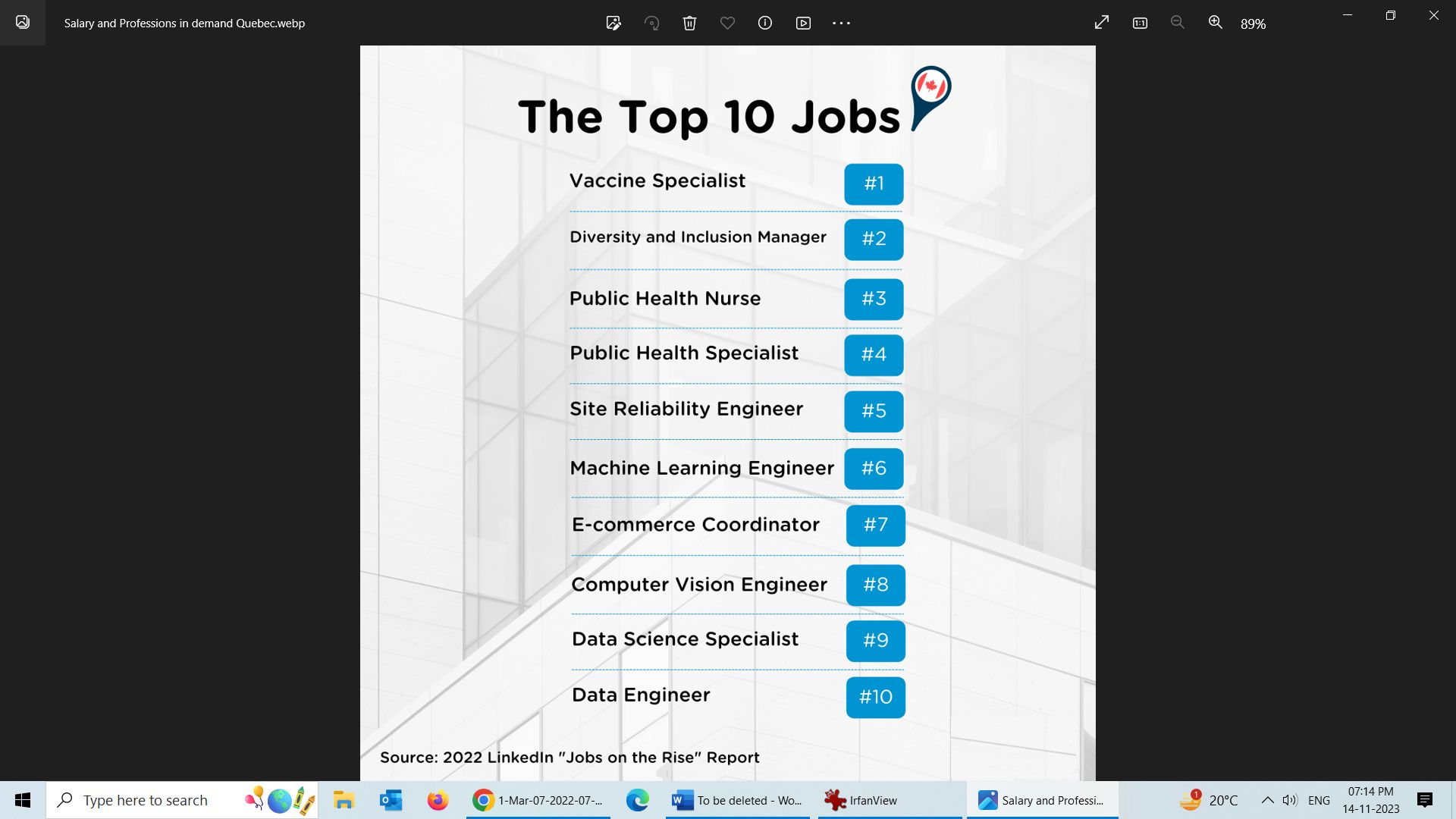
Healthcare:
Registered nurses (NOC 31301)
Medical technologists and technicians (NOC 3211)
Physicians and surgeons (NOC 3111)
Psychologists (NOC 4111)
Social workers (NOC 4152)
Information and Technology
Software developers (NOC 21232)
Computer network technicians (NOC 2281)
User support technicians (NOC 2282)
Systems testing technicians (NOC 2283)
Web designers and developers (NOC 21414)
Business Services:
Accountants (NOC 11100)
Human resources professionals (NOC 1121)
Marketing and advertising managers (NOC 0611)
Sales representatives (NOC 65200)
Financial analysts (NOC 1112)
Construction related Jobs in Quebec:
Construction trades helpers (NOC 75110)
Carpenters (NOC 7231)
Electricians (NOC 7241)
Plumbers (NOC 7251)
Construction inspectors (NOC 2264)
Other:
Early childhood educators (NOC 4214)
Teachers (NOC 4421)
Lawyers (NOC 4112)
Engineers (NOC 2111)
Truck drivers (NOC 73300)
The average salary in Quebec is $50,438 per year. This is slightly lower than the national average of $61,753 per year.
Here are some of the highest-paying professions in Quebec:
Physicians and surgeons: $114,717 per year
Dentists: $96,585 per year
C level executives: $87,323 per year
Pharmacists: $77,105 per year
Operations managers: $68,209 per year
Finance managers: $67,425 per year
Product managers: $61,899 per year
Attorneys: $57,052 per year
Civil engineers: $55,550 per year
Business development: $55,217 per year
Here are some of the lowest-paying professions in Quebec:
Food service supervisors: $38,020 per year
Receptionists: $25,296 per year
Personal care aides: $24,383 per year
Child care workers: $23,003 per year
Cashiers: $22,206 per year
Labourers and freight movers: $21,194 per year
Sales associates: $20,185 per year
Food counter attendants and kitchen assistants: $19,176 per year
Retail salespersons: $18,167 per year
Parks, recreation, and fitness workers: $17,158 per year
These are just averages, and the actual salary you earn will depend on your experience, education, and qualifications.
(Please note that these salaries are in Canadian dollars.)
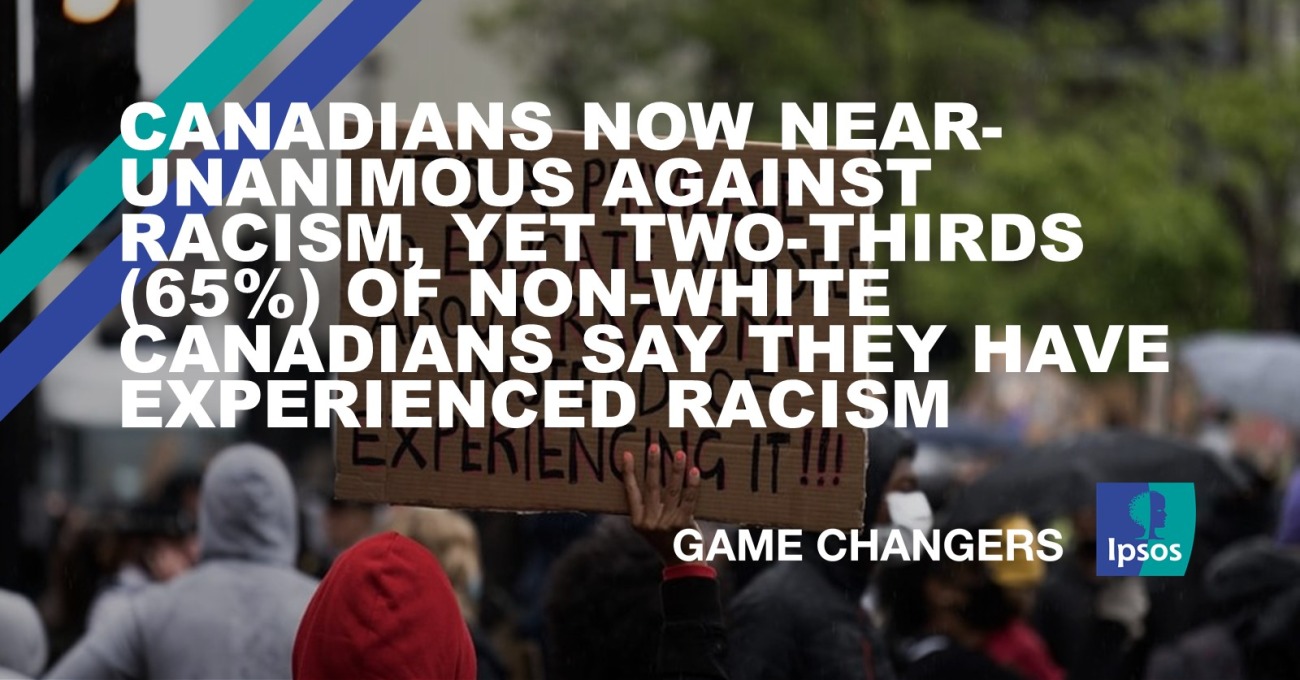
Discrimination in Quebec with Immigrants and Hate Crimes
Quebec has a complex history of race relations, and there have been instances of racial discrimination against immigrants. However, it is important to note that Quebec is a diverse society, and there is a growing movement to promote equality and inclusion.
In 2017, a study by the Quebec Human Rights Commission found that immigrants were more likely to experience discrimination in the workplace than non-immigrants. The study also found that immigrants were more likely to be denied access to housing and education.
In 2019, a report by the National Council of Canadian Muslims found that Quebec had the highest rate of hate crimes in Canada. The report found that many of these hate crimes were directed against Muslims and other visible minorities.
Here are some additional tips for immigrating to Quebec:
- Learn French as soon as possible. French is essential for daily life in Quebec, and it will open up more opportunities for employment and social interaction.
- Research the region you want to settle in. Do your research to find a region that suits your interests and preferences.
- Connect with other new immigrants. Joining a community of new immigrants can provide valuable support and information. There are many online and in-person groups for new immigrants to Quebec.
- Be patient and open-minded. Adjusting to a new culture takes time and effort.

 What actions by Trump Government are in store for illegal immigrants in US? What are Challenges to deport illegal immigrants from US?
What actions by Trump Government are in store for illegal immigrants in US? What are Challenges to deport illegal immigrants from US?  What are changes in Canada Start up Visa Program and Self-Employed Persons Program. How would it affect the potential immigrants to Canada?
What are changes in Canada Start up Visa Program and Self-Employed Persons Program. How would it affect the potential immigrants to Canada? 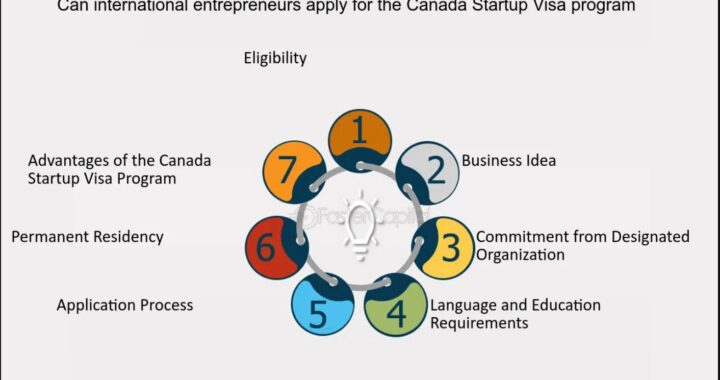 Launch Your Dreams: A Guide to Canada’s Start-Up Visa Program for Global Entrepreneurs
Launch Your Dreams: A Guide to Canada’s Start-Up Visa Program for Global Entrepreneurs 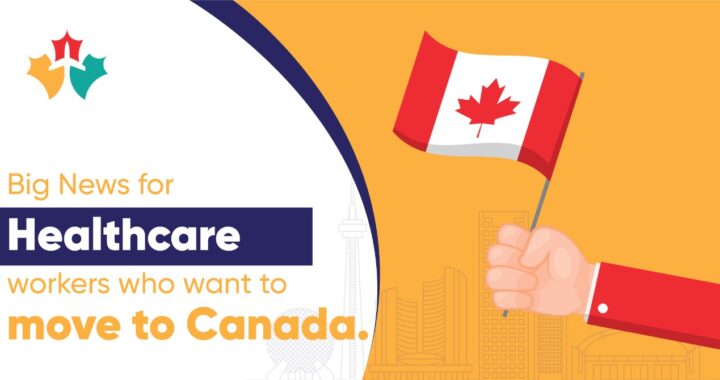 Options for Immigrating to Canada as a Healthcare Worker- Best Canadian Provinces that offer good salaries
Options for Immigrating to Canada as a Healthcare Worker- Best Canadian Provinces that offer good salaries 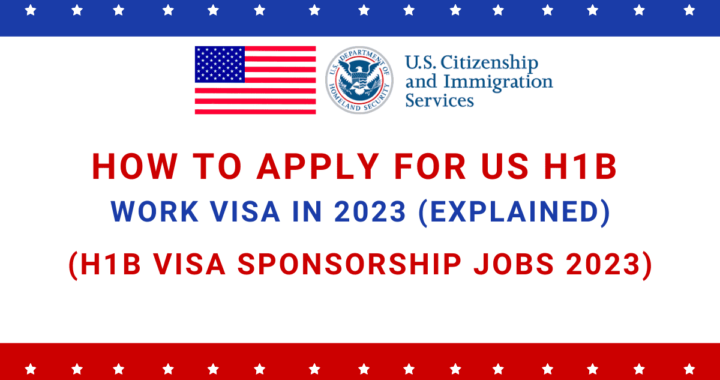 H1B Visa- Eligibility Requirements- its Duration- Process to apply and Professions in demand
H1B Visa- Eligibility Requirements- its Duration- Process to apply and Professions in demand  Who can sponsor someone for Canada Visa and eligibility requirements to get sponsored for Canada Visa
Who can sponsor someone for Canada Visa and eligibility requirements to get sponsored for Canada Visa  Recent Changes to Canada’s Work Permit Rules and its impact on Immigrants from India
Recent Changes to Canada’s Work Permit Rules and its impact on Immigrants from India  Applications for UK Immigration witness major decline as the Immigration Laws undergo significant changes
Applications for UK Immigration witness major decline as the Immigration Laws undergo significant changes